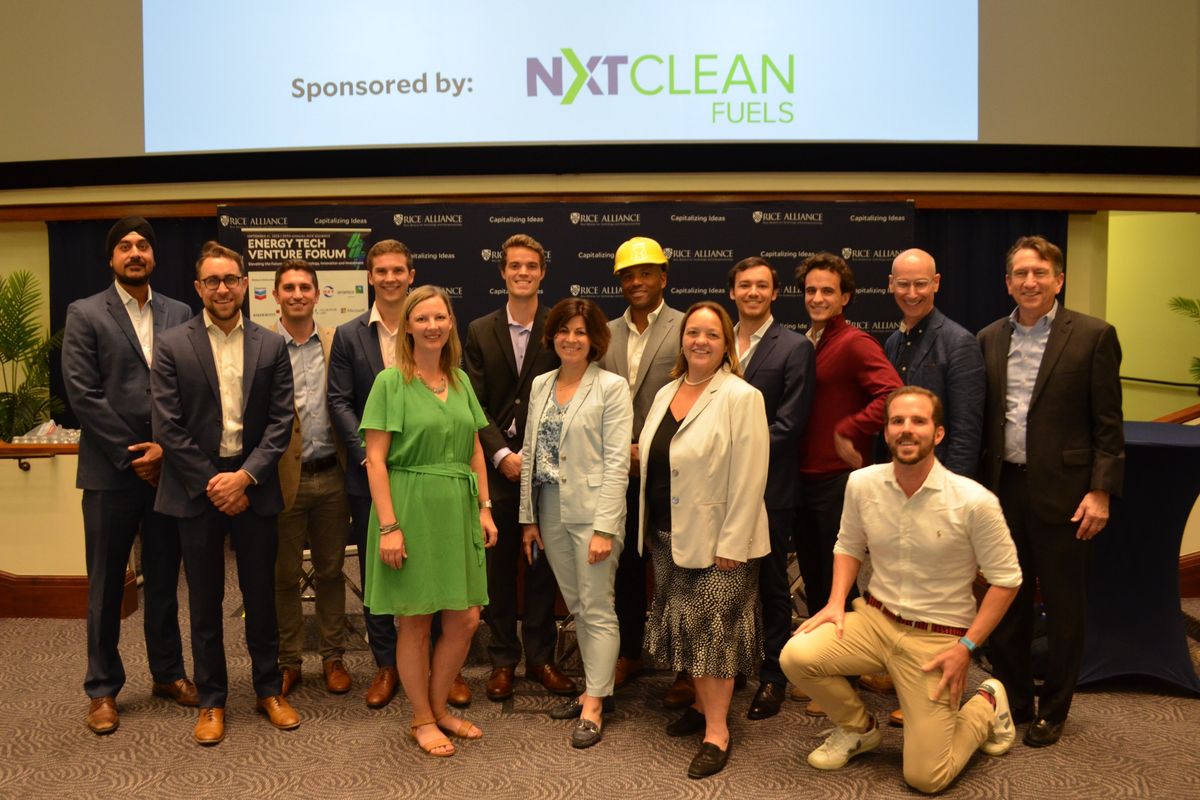It’s hard to believe only four years have passed since I joined the Greater Houston Partnership to lead the Houston Energy Transition Initiative. We talk about COVID years feeling simultaneously like just yesterday and a lifetime ago, and my time at HETI feels quite similar. The energy and climate landscape has evolved dramatically over the last few years, but one constant has endured…Houston remains at the heart of the energy industry.
When I joined HETI at the start of 2022, I could not have imagined the impact we would have over the next four years. Our vision, laid out in 2020 by then Partnership Chair Bobby Tudor, was bold – leverage Houston’s energy leadership to accelerate global solutions for an energy abundant, low-carbon future. Our mission was clear – ensure the long-term economic competitiveness of the Houston region in a changing energy landscape. Our strategy, developed with strong support from McKinsey, was sound – build a coalition of industry, academic and community partners to position Houston as a leading hub for energy and climate innovation, commercialization and economic growth.
And Houston’s energy leaders, across business, academia and community, came together to deliver that strategy. Bobby Tudor’s timely vision created an anchor for Houston’s energy community that allowed us to broaden the energy and climate discussion to one focused on meeting growing energy demand and reducing emissions. That vision was a catalyst for changing the perception of Houston from oil & gas capital to an “all of the above” energy capital with a thriving energy and climate tech innovation ecosystem. Houston is where you can work collaboratively to build new energy value chains and ensure an affordable, secure, and lower emissions energy mix for our region, our country, and the world.
In this fast-moving energy environment, it can be easy to focus on what to do next without taking time to reflect on the work and celebrate the wins. We took the opportunity at the end of 2025 to reflect on five years of impact. As we developed that report, I thought about how fortunate I have been to lead this work for the last four years. HETI’s impact has been incredibly meaningful for our region, our members, and the new companies and founders building the next generation of energy technology and talent. As my time as executive director comes to an end, HETI’s work continues. The need remains clear: more energy, less emissions, and continued collaboration that brings together innovation and infrastructure, policies and markets, and hard tech together with human ingenuity.
As I prepare to hand the reigns to HETI’s new SVP and executive cirector, Sophia Cunningham, at the end of March, I have been reflecting on the impact this role has had on me. Four years ago, I could never have imagined the opportunities, experiences and relationships this role has enabled. I am truly grateful for the support and engagement of Houston’s business and community leaders, the visionary leadership of Bobby Tudor, Scott Nyquist, HETI Members, and the Greater Houston Partnership in creating this initiative at exactly the right moment in time. I am incredibly proud of the HETI and partnership team members who have delivered with purpose and passion, and I greatly appreciate Houston’s energy and climate leaders and champions who have supported my agenda, challenged my thinking, broadened my perspectives, and worked with HETI to demonstrate the power of partnership in developing, innovating and advancing the ideas and technologies needed to meet this challenge for our region and the world.
As excited as I am to see where this next chapter takes me, I am even more excited to see where the work of HETI goes from here. I am still optimistic that the challenge of providing the world with affordable, reliable, and resilient energy while simultaneously reducing emissions is one Houston is uniquely positioned to meet.
———
This article originally appeared on the Greater Houston Partnership's Houston Energy Transition Initiative blog. HETI exists to support Houston's future as an energy leader. For more information about the Houston Energy Transition Initiative, EnergyCapitalHTX's presenting sponsor, visit htxenergytransition.org.





 Ten companies from around the world were named as most promising. Photo courtesy of Rice
Ten companies from around the world were named as most promising. Photo courtesy of Rice